Business
Controversy Surrounds Nigeria’s National Single Window Over Exclusion of Key Trade Agencies
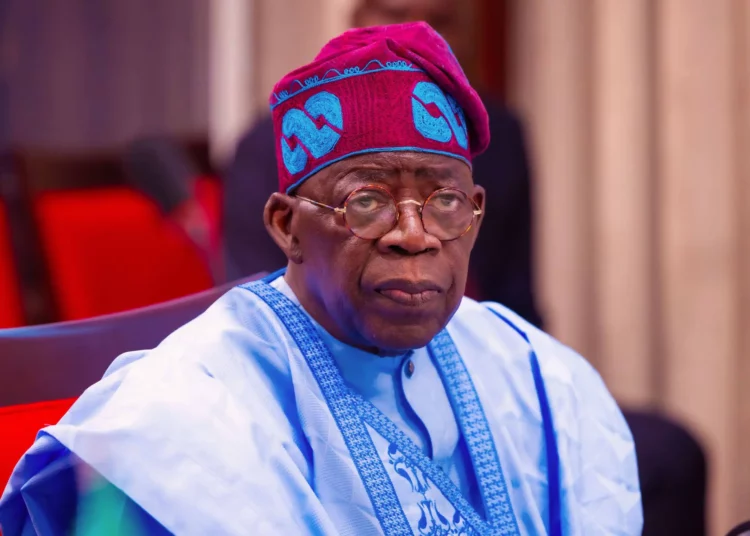
A major controversy has erupted following the recent launch of Nigeria’s National Single Window (NSW) initiative, an ambitious project aimed at streamlining trade processes and reducing inefficiencies at the country’s ports. Launched under President Bola Tinubu’s administration, the NSW is designed to tackle the chronic delays and corruption that plague Nigeria’s ports, costing the country an estimated $4 billion annually. However, the federal government’s decision to exclude the Nigerian Shippers’ Council (NSC) and the Nigeria Customs Service (NCS) from leading roles in the project has sparked widespread industry unrest.
Key Agencies Excluded
The decision to appoint the Federal Inland Revenue Service (FIRS) and the Nigerian Sovereign Investment Authority (NSIA) as the lead agencies for the NSW, bypassing the NSC and NCS, has raised concerns across the maritime and trade sectors. Experts and industry stakeholders fear that the exclusion of these critical agencies, both of which have extensive experience in trade facilitation, could undermine the effectiveness of the NSW.
Industry Backlash
Prominent voices in the industry have been vocal in their criticism of the federal government’s move. Dr. Kayode Farinto, a former Acting National President of the Association of Nigerian Licensed Customs Agents (ANLCA), described the initiative as “dead on arrival,” emphasizing that successful Single Window systems globally are typically led by Customs agencies due to their specialized knowledge. Farinto warned that placing FIRS, an agency focused on tax collection, in charge of trade facilitation was a grave mistake that could doom the project.
Dr. Eugene Nweke, a maritime expert, echoed these concerns, arguing that the NSW should prioritize simplifying and automating trade processes rather than becoming a revenue-generating scheme. He criticized the government’s decision as contradictory to global best practices, noting that Nigeria risks falling behind its regional peers, such as Ghana, in trade facilitation.
Divergent Opinions
Despite the widespread criticism, some stakeholders, like Dr. Segun Musa, Deputy President of the National Association of Government Approved Freight Forwarders (NAGAFF), offered a different perspective. Musa suggested that a neutral agency like FIRS might prevent the system from being compromised by entrenched interests, implying that the government’s decision could have merit. However, this view remains in the minority, with most stakeholders advocating for the reinstatement of the NSC and NCS in leading roles.
Looking Ahead
As tensions mount, clearing agents are preparing to escalate the issue by submitting a formal protest letter to the Minister of Finance and the Presidency, demanding the reinstatement of the NSC and NCS as lead agencies in the NSW’s implementation. The federal government now faces a critical decision: either reconsider its approach to the NSW or risk the initiative becoming a symbol of yet another missed opportunity in Nigeria’s quest for modernization and efficiency in trade.
The coming weeks will be crucial in determining whether the National Single Window can fulfill its promise of economic transformation or whether it will falter due to the exclusion of key trade agencies.
Business
Shehu Sani Criticizes World Bank Over Nigeria’s Economic Outlook
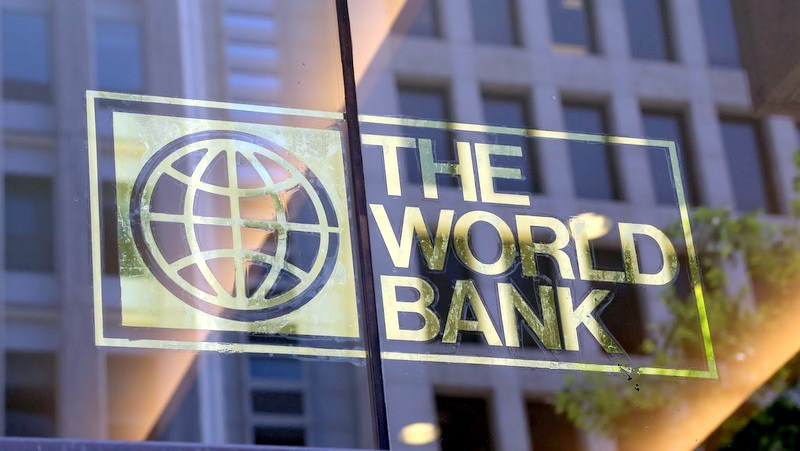
Former Kaduna Central Senator Shehu Sani has criticized the World Bank for worsening Nigeria’s economic difficulties. In a post shared on X, Sani accused the institution of projecting that Nigeria’s hardship would extend for another 15 years before the country could reach a better economic future. He questioned how many Nigerians would be left to enjoy that future, and how many African nations the World Bank has successfully helped to prosperity.
Sani’s remarks follow the World Bank’s latest *Africa’s Pulse* report, which forecasts that the Nigerian Naira will be among the worst-performing currencies in Sub-Saharan Africa by August 2024. The report placed the Naira’s decline alongside that of the Ethiopian Birr and South Sudanese Pound.
Business
HIG: Building Trust and Driving Innovation in Nigeria’s Insurance Market

Heirs Insurance Group (HIG) recently announced impressive financial results for the 2023 fiscal year, marking significant growth across all key metrics. The Group’s Gross Written Premium (GWP) surged by 59.3%, from N19.9 billion in 2022 to N31.7 billion in 2023. This remarkable performance underscores HIG’s resilience and operational efficiency, further solidifying its position as one of Nigeria’s fastest-growing insurance firms.
Heirs General Insurance (HGI) saw a 77% increase in GWP, reaching N12 billion in 2023. HGI’s profit before tax (PBT) also rose by 203%, reflecting the company’s effective cost management. Similarly, Heirs Life Assurance (HLA) reported a 71% GWP increase and a staggering 395% rise in PBT. Both companies have demonstrated a strong commitment to customer satisfaction, disbursing billions in claims.
Beyond financial success, HIG actively engages in corporate social responsibility (CSR) projects, contributing over N100 million to education, community development, and financial literacy. With plans for future expansion and innovation, HIG is poised to remain a key player in Nigeria’s evolving insurance market.
Business
Wike Urges Nigerians to Pay Taxes for Improved Social Services
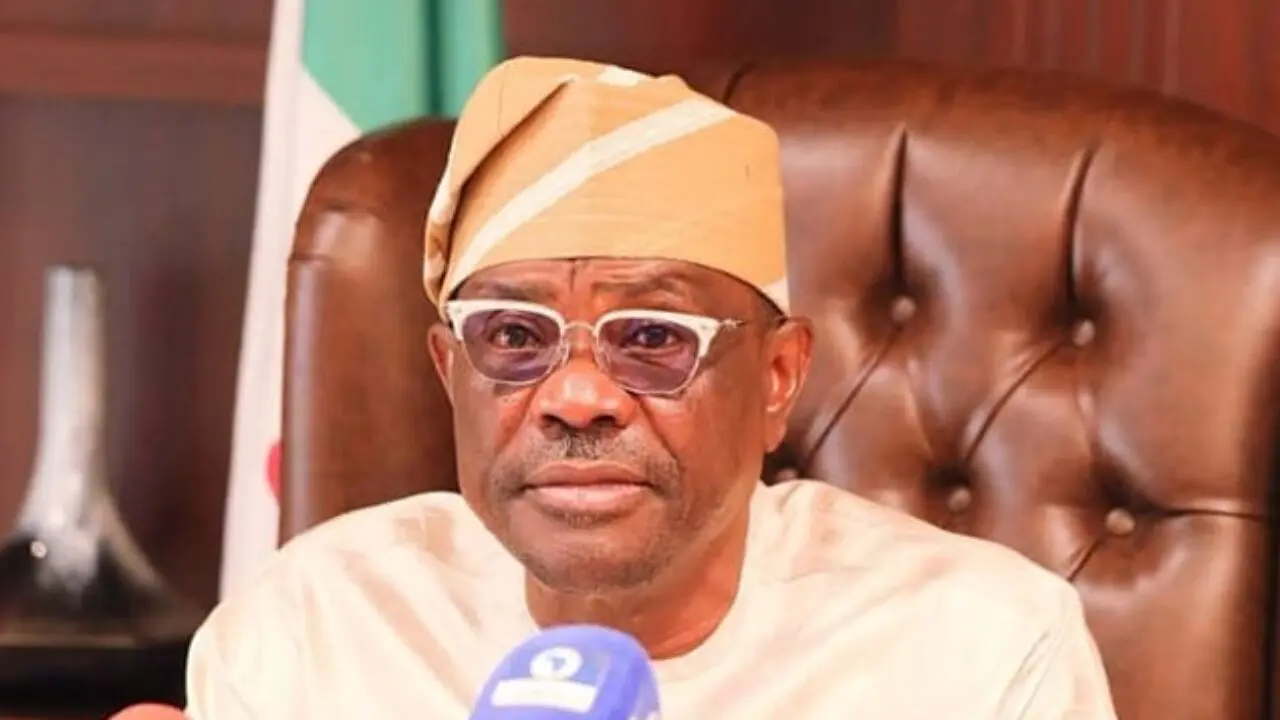
Federal Capital Territory (FCT) Minister, Nyesom Wike, has called on Nigerians to fulfill their tax obligations, emphasizing that government revenue is essential for delivering social services. Wike made this appeal during the inaugural Abuja Business and Investment Summit, held in Abuja on Wednesday.
Speaking on the summit’s theme, “Optimising Investment Through Partnerships,” Wike stressed the importance of collaboration to generate investment opportunities. He dismissed the misconception that the government does not need revenue, explaining that taxes are crucial for funding public services.
Wike reiterated that both investors and the government must benefit from such partnerships, ensuring that both parties “go home smiling” through a fair exchange of services and taxes.
-
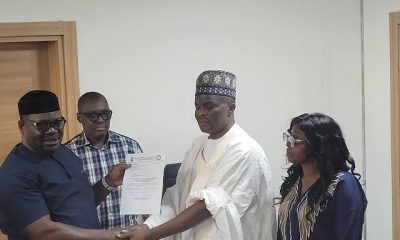
 Business19 hours ago
Business19 hours agoOkpella Monarch: Obaseki Ratified Kingmakers Decision, End 5years leadership Vacuum
-

 Banking15 hours ago
Banking15 hours agoFree Food Saga: Akpabio quoted out of context-CSO
-

 Foreign20 hours ago
Foreign20 hours agoSci-tech innovation fuels China’s high-quality development
-

 Entertainment12 hours ago
Entertainment12 hours agoDavido Declares ‘Timeless’ His Best Album
-

 Entertainment12 hours ago
Entertainment12 hours ago‘Adire’ Secures Four Nominations at the Best of Nollywood Awards
-
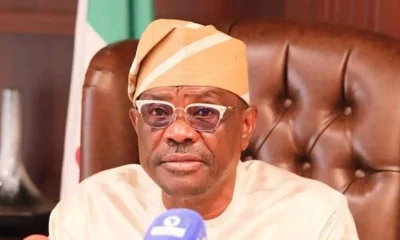
 Business12 hours ago
Business12 hours agoWike Urges Nigerians to Pay Taxes for Improved Social Services
-

 Sports12 hours ago
Sports12 hours agoMessi Matches Ronaldo’s Record with Hat-Trick Against Bolivia
-

 Foreign14 hours ago
Foreign14 hours agoQinling Mountains better safeguarded with comprehensive digital platform






